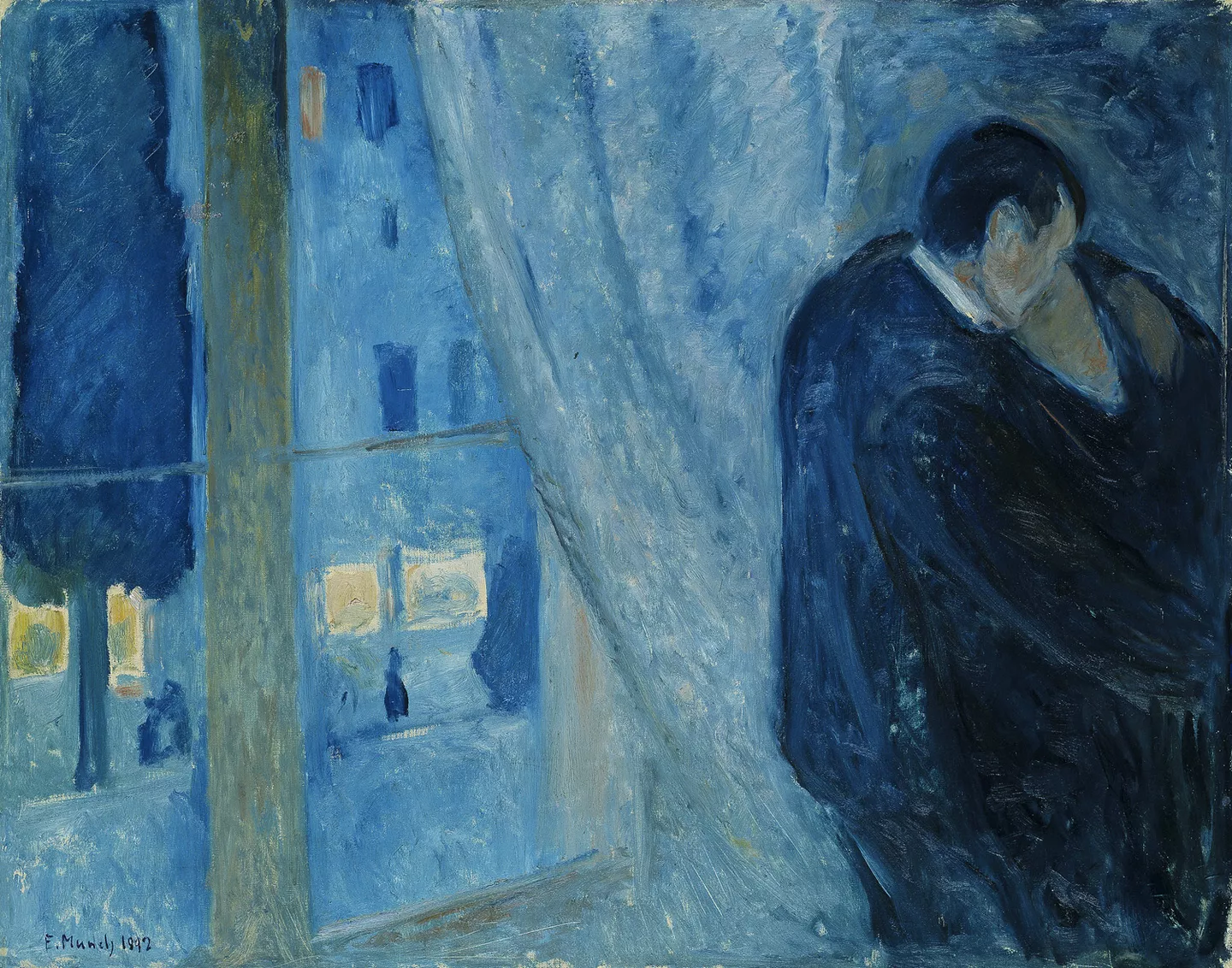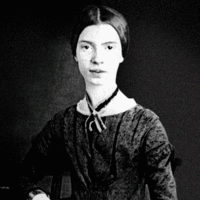
Love XXV. Wild nights! Wild nights! (249)
"Wild nights! Wild nights!" is a poem of unrestrained sexual passion and rapture. When the 1891 edition of Dickinson's poems was being prepared, Colonel Higginson wrote to his co-editor Mrs. Todd,
His comments reflect both the sexual narrowness of his times and the Myth of Emily Dickinson, Virgin Recluse.
This poem, ardent as it is, is hypothetical; it expresses wish or desire, "were I with you" (that is, if I were with you) and "might I but." Do you think it carries the implication that the speaker is remembering past pleasures and yearns for more?
Dickinson is undoubtedly using "luxury" in a meaning she found in her 1844 dictionary, one which is no longer used: lust, voluptuousness in the gratification of appetite. The "heart in port" is the lover's embrace. Yielding themselves to sexual passion, they have no need for compass or chart, which are used to get to a specific destination and are instruments of control and reason. The sea is a common image for passion; think of the romantic movies you've seen with the waves crashing or the famous scene with the lovers in the waves in From Here to Eternity. "Rowing" and "moor in thee" are, in this reading, sexual intercourse.
It has been suggested that the speaker is male. Other than the reference to "moor in thee," I can't see any basis for this suggestion. What do you think the sex of the speaker is? Do you see any reason why the speaker can't be female?
Another way of reading this poem is as the portrayal of a religious experience; in this interpretation, the lover is God. Christian mystics (people who communicate directly with God) often describe the joy they feel while communicating with God in language which modern psychoanalysts see as sexual; for example, mystics speak of rapture and ecstasy during their union with God, and they cry out to God, "stab me" or "pierce my soul, oh Lord." On the other hand, the number of feelings human beings can experience and the vocabulary with which they can express their experiences is limited; using the same language to describe a spiritual experience and a sexual experience does not necessarily mean that both experiences are sexual.







